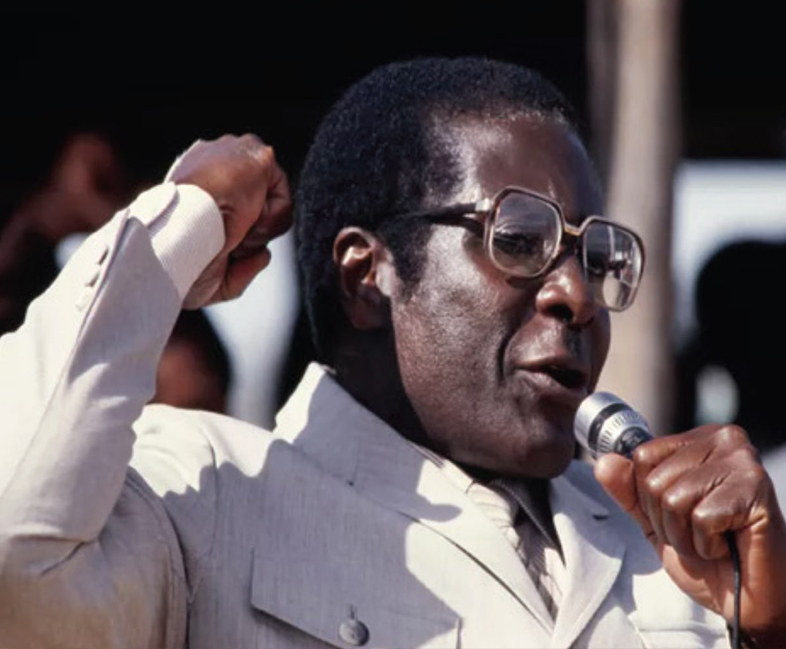- Home
- About
- Experts
- Publications
- Our Centers
- Policy Forums
- Speeches
- Events
- Multimedia
- Mon-Fri (9:00 am-7.00 pm)
- [email apolicyinstitute@gmail.com]
- +254 706 670 965
- Mon-Fri (9:00 am-7.00 pm)
- [email apolicyinstitute@gmail.com]
- +254 706 670 965

His real impact on Africa is ideological. Consequently, the Africa-West standoff emboldened him and turned him into a symbol of African resistance
Robert Mugabe passed on. No doubt, he was one of the most influential Africans in the 20th and 21st Century, and controversial too. Mugabe remains both an enigma and a magnet, attracting Africans and repelling the West. He was at the center of a game of brinkmanship between Africa and the West, fostered by diametrically opposed responses to Zimbabwe’s seizure of land owned by some 4,500 white farmers in 2000. Since then, the two sides looked
each other in the eye to see who would blink first. Mugabe’s fall from grace in the eyes of the West is a relatively recent phenomenon in his 37 years in power. He was portrayed as the archetypal barefisted dictator, and hailed by former Prime Minister Margaret Thatcher as “a man I can do business with.” And in 1994, Queen Elizabeth bestowed on him an honorary Knight Commander of the Order of the Bath. What inflamed relations with Britain was the injudicious denial by Tony Blair’s Laborites in 1997 of Britain’s colonial responsibility for land reform. Clare Short, Britain’s secretary of state for international development, wrote to Zimbabwe’s minister of agriculture and land: “We are a new government from diverse backgrounds without links to former colonial interests. My own origins are Irish and, as you know, we were colonized not colonizers.